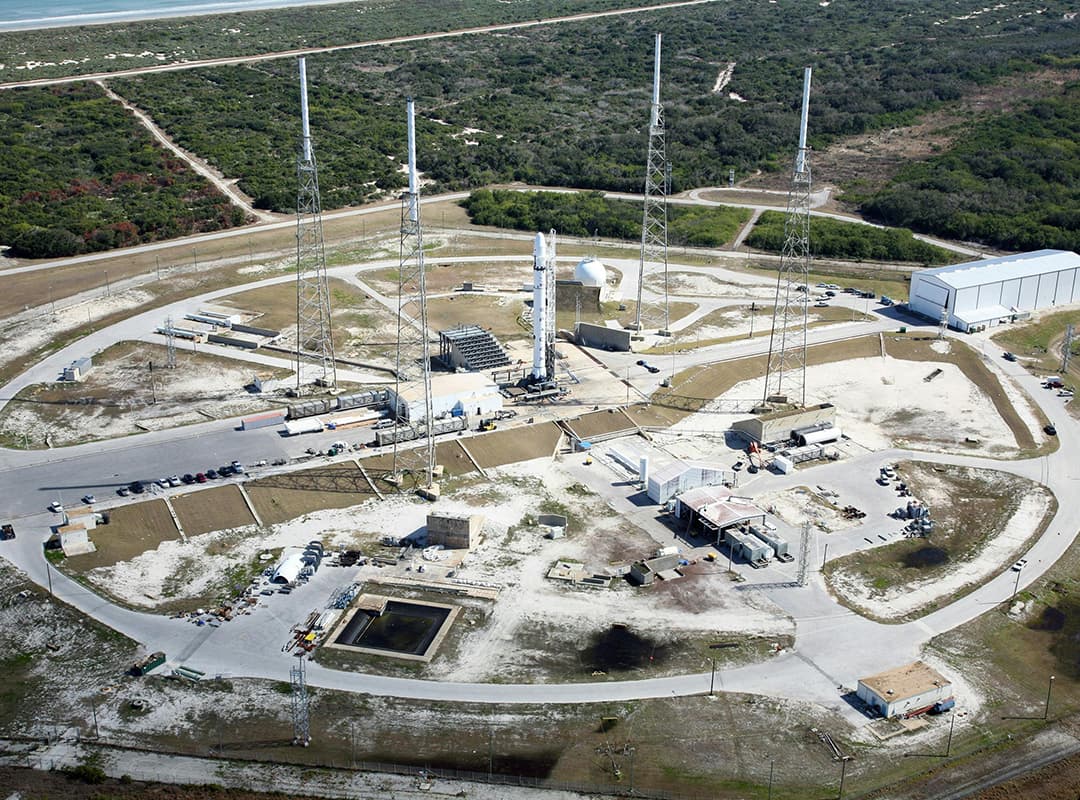The use of nuclear weapons has far-reaching and devastating impacts on both the environment and human health. The catastrophic effects of nuclear detonations highlight the urgent need for global nuclear disarmament and underscore the importance of learning from past tragedies. This article delves into the environmental and humanitarian consequences of nuclear weapons, offering lessons for the future and examining the implications of terms like “global nuclear arsenal” and “ground zero nuclear.”
Environmental Consequences of Nuclear Weapons
- Immediate Impact: Fallout and Radiation The immediate environmental effects of a nuclear explosion include intense heat, blast waves, and the release of radioactive fallout. Fallout consists of radioactive particles that settle on the ground, contaminating soil, water, and air. This contamination can persist for years, leading to long-term ecological damage. Areas near the explosion site, known as “ground zero,” experience severe radiation, rendering them uninhabitable and causing lasting harm to local ecosystems.For example, the bombings of Hiroshima and Nagasaki in 1945 resulted in extensive environmental contamination. The affected areas experienced significant disruption to local flora and fauna, with radiation leading to mutations, reduced biodiversity, and long-term ecological impacts. Lessons from these events underscore the profound environmental damage that can result from nuclear detonations.
- Long-Term Environmental Damage Beyond the immediate effects, nuclear explosions can lead to long-term environmental consequences, including:
- Soil Contamination: Radioactive particles can persist in the soil, affecting agriculture and local food sources. Contaminated soil can remain hazardous for decades, impacting land use and environmental health.
- Water Contamination: Radioactive fallout can contaminate water sources, leading to the spread of radiation through rivers, lakes, and groundwater. This contamination can affect drinking water supplies and aquatic ecosystems.
- Climate Effects: Large-scale nuclear detonations could induce “nuclear winter,” a theoretical scenario where widespread firestorms and smoke from explosions block sunlight, leading to drastic climate changes. This could result in global cooling, disruption of agricultural production, and widespread famine.
Humanitarian Consequences of Nuclear Weapons
- Health Impacts The health effects of nuclear explosions are severe and long-lasting. Survivors of nuclear detonations, known as hibakusha, have experienced various health issues, including:
- Acute Radiation Syndrome (ARS): Immediate exposure to high levels of radiation can cause ARS, leading to symptoms such as nausea, vomiting, and hair loss. Severe cases can result in death.
- Cancer and Genetic Damage: Long-term exposure to radiation increases the risk of cancers, including leukemia, thyroid cancer, and breast cancer. Radiation can also cause genetic mutations, leading to birth defects and hereditary health issues in future generations.
- Social and Psychological Effects The use of nuclear weapons has profound social and psychological effects on affected communities. The trauma of experiencing or witnessing a nuclear explosion can lead to long-term psychological issues, including post-traumatic stress disorder (PTSD), depression, and anxiety. The destruction of infrastructure and loss of life can also disrupt social systems and lead to long-term economic and societal challenges.The humanitarian impact extends beyond immediate victims to encompass broader societal effects, including displacement of populations, economic loss, and long-term recovery challenges. The scars of nuclear warfare serve as a powerful reminder of the need for preventative measures and disarmament efforts.
Lessons for the Future
- The Need for Disarmament The catastrophic environmental and humanitarian consequences of nuclear weapons underscore the urgency of global disarmament efforts. Reducing and eventually eliminating nuclear arsenals is essential to preventing future tragedies and ensuring a safer world. The global nuclear arsenal, comprising thousands of warheads, poses an ongoing threat to humanity and the environment. Concerted efforts to achieve disarmament and non-proliferation are critical for global security and environmental preservation.
- Strengthening International Cooperation Addressing the risks associated with nuclear weapons requires robust international cooperation and adherence to arms control agreements. The lessons learned from past nuclear detonations highlight the importance of collaborative efforts to manage and reduce nuclear threats. Engaging in diplomatic dialogue, supporting non-proliferation treaties, and promoting disarmament initiatives are essential steps toward a safer future.
- Promoting Awareness and Education Increasing public awareness and education about the environmental and humanitarian consequences of nuclear weapons can drive support for disarmament and arms control. By understanding the profound impacts of nuclear warfare, individuals and policymakers can be motivated to take meaningful action toward reducing and eventually eliminating nuclear weapons.
The environmental and humanitarian consequences of nuclear weapons are stark reminders of the profound risks associated with nuclear warfare. The impacts on ecosystems, human health, and societal stability highlight the need for urgent action to address nuclear threats. Lessons from past tragedies emphasize the importance of global disarmament, international cooperation, and public awareness. As we move forward, it is crucial to remain committed to preventing future nuclear conflicts and working toward a world free from the devastating effects of nuclear weapons.
